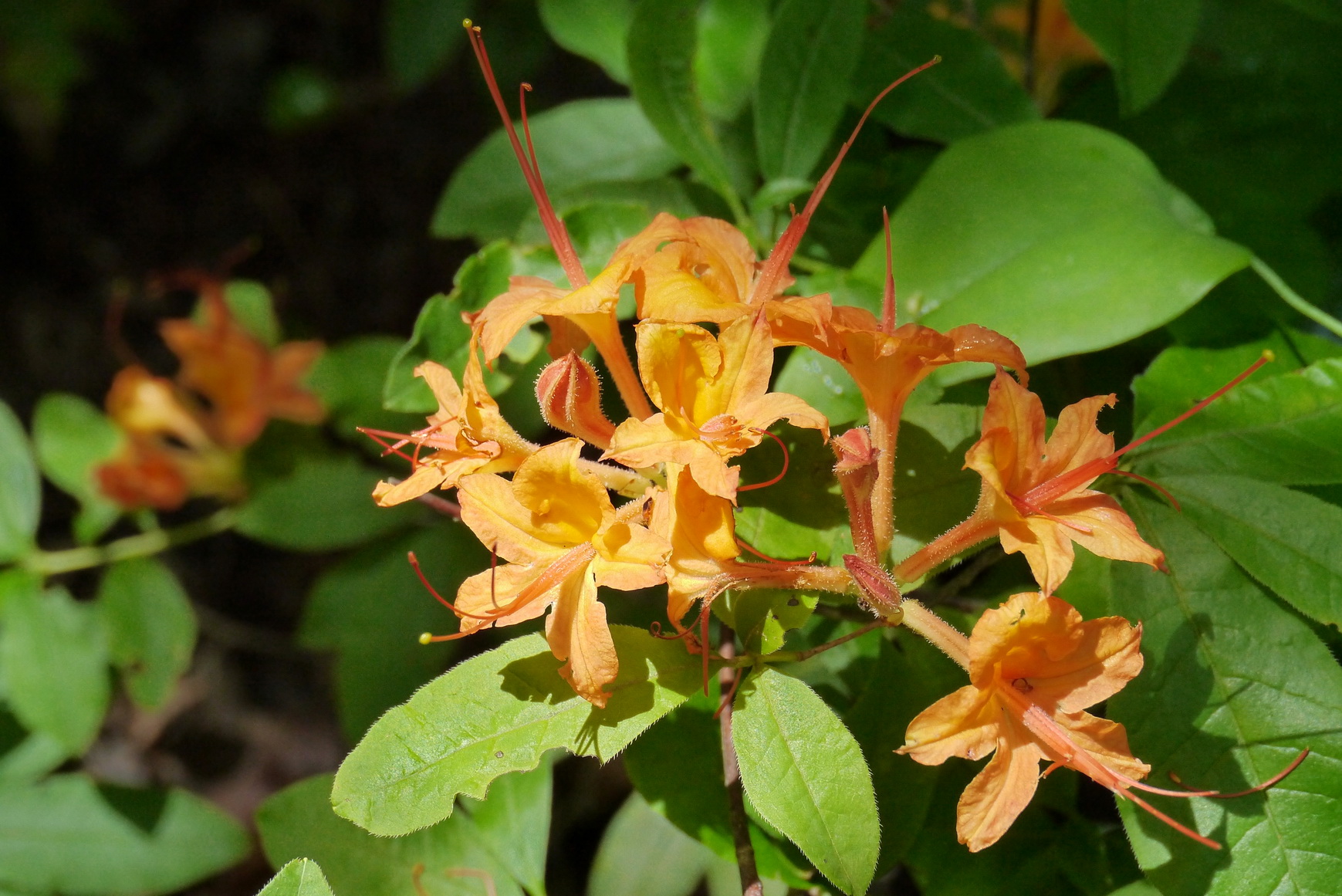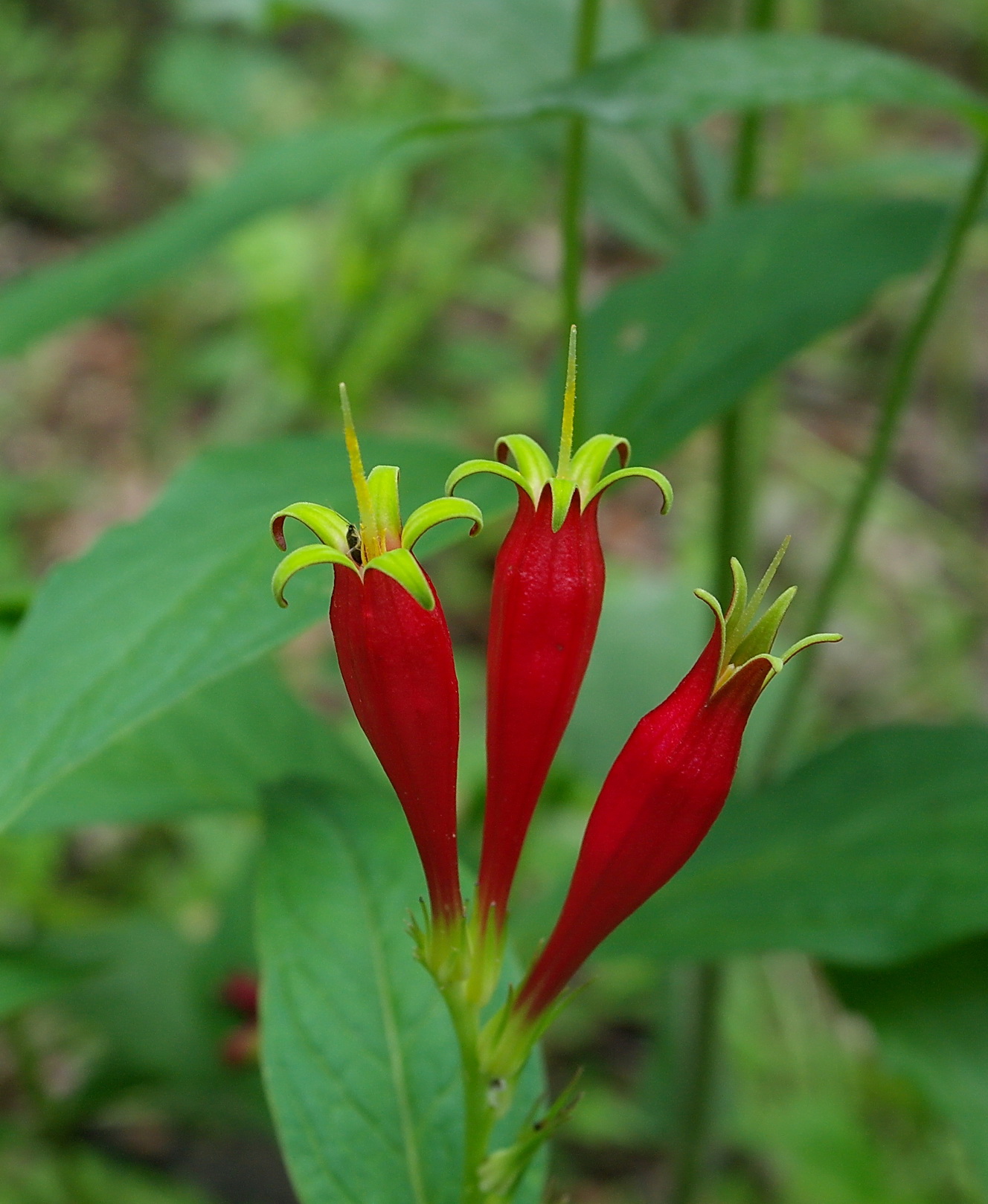CLOSE TO HOME* What: Landscape Installation & Management Class* Where: DeSoto State Park Lodge, Fort Payne, Ala.* When: 8:30 a.m. Saturday, Feb. 7.* Cost: Free and open to the public.* Information and pre-registration: 256-997-5025 or Brittney.Hughes@dcnr.alabama.govThe Landscape Installation and Management Class offers a chance to learn about landscape plants, landscape design and plant material. Participants will receive a free mini-library of five color, waterproof reference books, and a Landscape License study manual. The class is sponsored by the Alabama Urban Forestry Association.
There has been a big push in recent years for area residents to "buy local." Whether it's homegrown vegetables, handmade arts and crafts or locally prepared food, the emphasis is to stay, shop and eat where you live.
Dennis Bishop wants to take the effort a step further. Bishop, arboretum curator at Reflection Riding Arboretum and Nature Center, encourages area gardeners and homeowners to think local by using native plants in their landscapes.
"Native plants are part of our natural home, and they are the home to the many creatures with which we share our local habitat," says Bishop. "Unfortunately, over the last several centuries, we have destroyed much of our natural landscape building homes and neighborhoods and, in the process, we have introduced a plethora of exotic plants into our yards and gardens. These yards and gardens cannot sustain us. By reintroducing native plants we can build more sustainable landscapes."
In an effort to encourage gardeners to incorporate native plants into their landscapes, the nature center, along with the Tennessee Valley Wild Ones and the Tennessee Native Plant Society, are presenting the first "Certificate in Native Plant" course on Feb. 1. The purpose of the course is to increase people's knowledge of native plants, but also to further build the local community of native plant gardeners, Bishop says.
"There are several similar programs around the country, including programs at the New England Wildflower Society and the Birmingham Botanical Garden," he says. "I brought the idea to Chattanooga when I was hired as the arboretum curator at Reflection Riding."
"The course will provide in-depth learning into how plants grow in the natural world, and how those principles and plants can be used in the home, business and community landscape," he says.
Presently, all classes are full, but because of the demand, more classes are in the works.
"This will be an ongoing course with new classes being added, and classes being repeated for those who missed a class the first time around," he says. "And we are developing a waiting list for those interested in the course."
Of the native plants in the area, Bishop says research conducted by Douglas Tallamy at the University of Delaware suggests that oak, willow, maple and elm trees can provide for an especially high number of insect species.
Mary Priestley with the Tennessee Native Plant Society says the certification program will educate people about the importance of maintaining native plants.
"Preservation of native plant populations is important ecologically because they are the backbone of the interconnected web of life," Priestley says. "As we humans take up more and more space, the land that we care for becomes that much more important in the grand scheme of things. Gardens that include native plants support the health of the ecosystem."
As might be expected, Priestly is not a fan of adding non-native plants to one's landscape.
"To me, adding non-natives to your garden is like installing an inorganic sculpture. For instance, I have a beautiful sundial in my garden. I take care of it and it's harmless, but except for birds occasionally perching on it, it doesn't have much of a relationship with the living things that surround it. The milkweed growing right next to it and the celandine poppy at the edge of the woods nurture the native insects that in turn pollinate the flowers."
Using native plants in landscaping is a win-win situation, something the upcoming program will teach, she says.
"A garden that contains a substantial number of native plants functions as more of an integrated whole, an extension of the ecosystem. Native plant gardeners enjoy the fact that their efforts not only produce beautiful gardens, but they also become more in tune with the natural world around them.
"Participants in the Certificate in Native Plants program will learn to understand and appreciate this if they don't already," she says.
Bishop is concerned that many of the 2,800 native plant species in our region are endangered because of the destruction of local habitats.
Sally Wencel with the Tennessee Chapter of Wild Ones, a national nonprofit organization that promotes environmentally sound landscaping practices, echoes Bishop's concerns.
"We have done so much to alter the landscape in our pursuit of aesthetic and production goals without realizing what we've done to destroy habitat," Wencel says.
The cost of the course is $10 per hour for nonmembers of the partnering organizations. Discounts are given to members of Reflection Riding, the Tennessee Valley Wild Ones, and the Tennessee Native Plant Society, Bishop says. Classes will be held year-round on Saturday mornings and afternoons.
For more information about the course, contact Bishop at dbishop@chattanature.org or 423-821-1160, ext. 115.
Contact Karen Nazor Hill at khill@timesfreepress.com or 423-757-6396.


